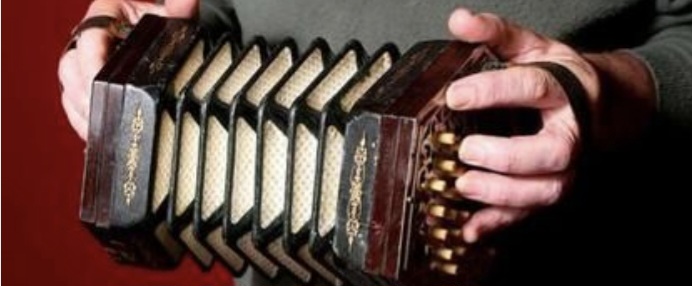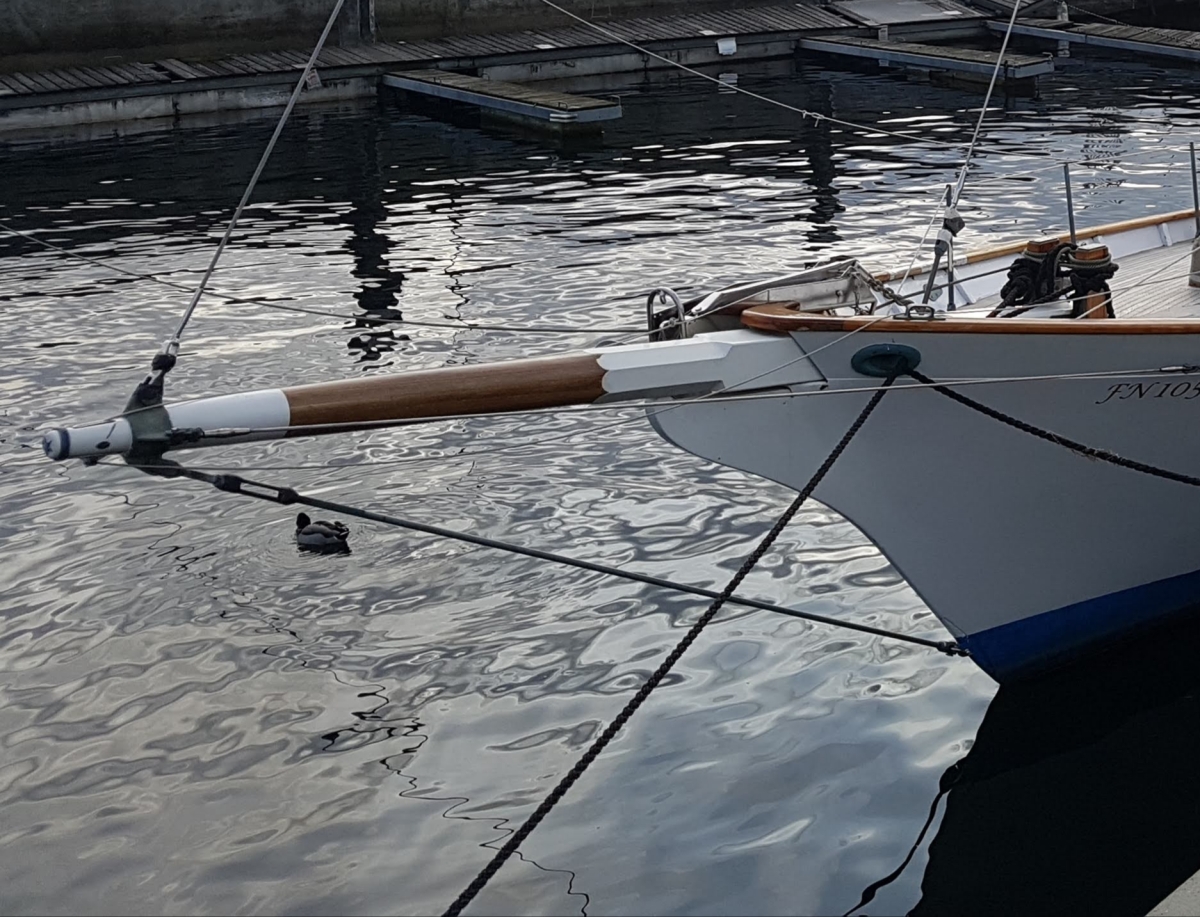There were pained faces among sailors on yachts nearby and even among some fellow crew members whenever a very good friend brought out his squeezebox of an evening, to sing his repertoire of classic sea shanties. It was all too clearly an uncool thing to do on a modern plastic yacht.

Sadly, my sea shanty friend is no longer around to irritate the neighbours and entertain his fans (including me). But an excellent new recording of sea songs in Welsh and English by the great bass-baritone Bryn Terfel will be a nostalgic substitute on board this summer. The songs in Welsh are especially appealing.
Sea Songs, Bryn Terfel, with guest appearances by Sting, Simon Keenlyside, Calan, The Fisherman’s Friends, Patrick Rimes, producers Morgan and Pochin. Deutsche Grammophon. https://open.spotify.com/album/1Xf1LzLWs1PPOsJE17kWvj?si=QJtFKrrSRtq4nOTegnNhPQ






















